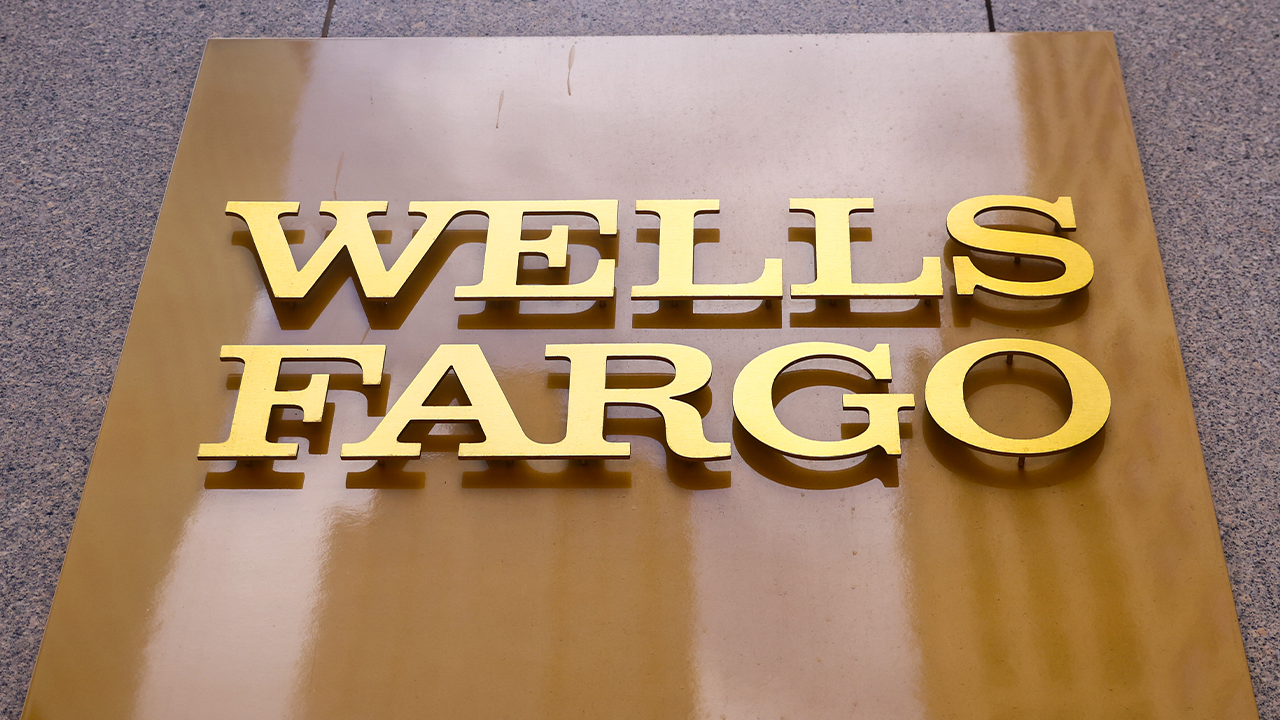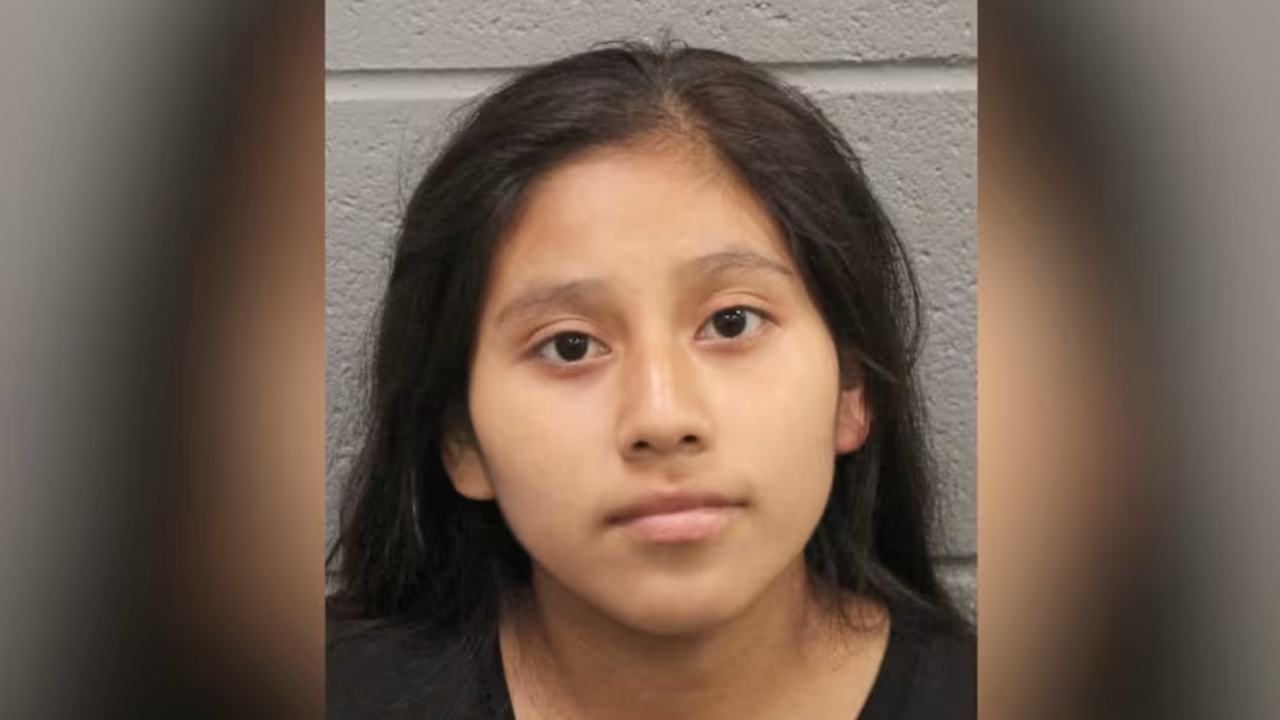Sarah Wildman: I’m Sarah Wildman, a staff editor and writer for Times Opinion.
Newsreel: (Protest chants)
Campus protests and rallies have been percolating since Oct. 8, but in the past week, something shifted.
Newsreel: New York City police used force last night to zip-tie the hands of dozens of student protests and hauled them away in buses.
Newsreel: Protests against Israel’s assault on Gaza have rocked campuses from coast to coast over the past week.
Newsreel: The ongoing demonstrations have stirred debate about the line between free speech for the protesters and open harassment of Jewish students.
Sarah Wildman: It seems on and off campus, the idea of what kind of protest should and should not be allowed is an open question. So I wanted to talk to my colleague David French. He recently wrote about this dilemma and what universities should be doing.
David is an opinion columnist. He’s a lawyer who spent most of his career defending free speech and religious freedom. He’s defended countless protesters, and he has been the subject of protest himself.
David, thank you so much for joining me.
David French: Well, thanks so much for having me, Sarah.
Sarah Wildman: In your recent column, you note that universities are meant to be the “sponsor of critics … not … the critic.” What does that mean?
David French: Schools that are bound by the First Amendment or adopt First Amendment-like principles as many private universities do should be neutral towards the expression of the protesters on campus.
They should be focused on granting equal access, equal rights to various sides of campus disputes. And one of the dangers you see with many of these encampments is their very existence crowds out other voices, and that’s one of the reasons why universities have implemented “time, place and manner restrictions” so that everyone has equal access to the quad, for example, or everyone has equal access to the public forums on campus.






